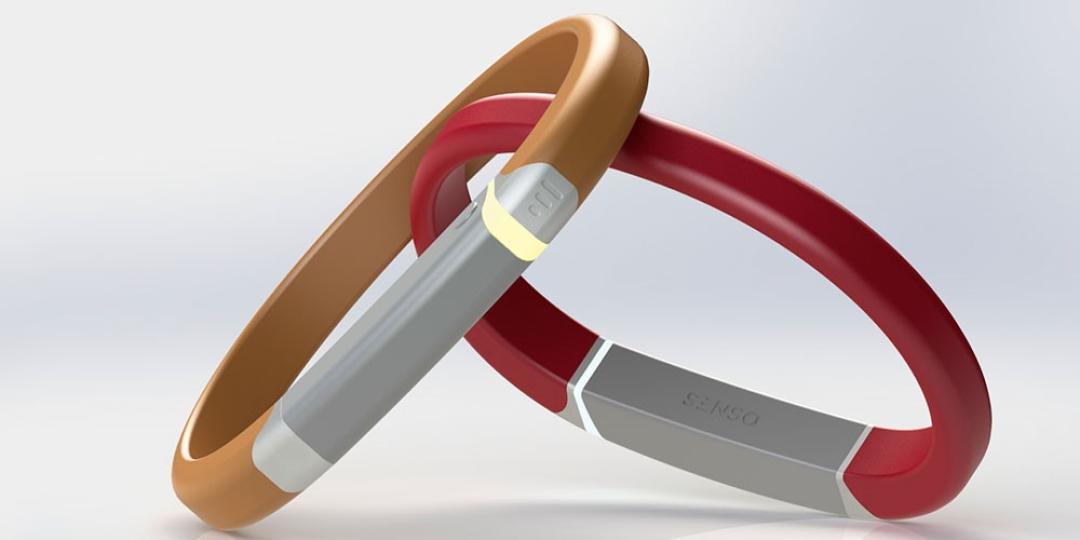All small businesses start somewhere – with an idea. To become tangible, your idea needs a process or technique, and a name. This process and name belong to you and can be protected by intellectual property laws.
26 April marks World Intellectual Property Day. To commemorate it, The Innovation Hub highlights the importance of intellectual property and its effect on creativity and innovation.
Intellectual Property (IP) refers to the creations of the mind. It includes, but is not limited to an idea, a new invention or innovation, literary and artistic works, names, symbols, images, designs, geographical indications and trade secrets.
Patents, designs, trademarks, copyright, trade secrets and confidential information form part of Intellectual Property. It provides an exclusive legal right to the creator for a specific period, where the creator enjoys control of the use of intellectual property.

The Innovation Hub incubates a vast number of entrepreneurs who continuously come up with new and innovative ideas that may need to be protected through intellectual property. Nare Moichela, an intellectual property specialist from The Innovation Hub, discusses why it is important to protect your mind's work and how to do so.
“The benefit of obtaining a patent for your product or idea means that you can enjoy the exclusive right attached to your product for a period of up to 20 years. If you have a registered design, this period may vary between 10 and 15 years. Trademarks can be registered for an indefinite time, provided maintenance fees are payable every ten years. Interestingly, when it comes to copyright, this duration lasts for the author’s lifetime, plus 50 years after that,” says Moichela.
- A patent application must be filed at the patent office (CIPC). Initially, a provisional patent application must be filed to secure provisional patent protection for twelve months. Before the provisional patent application expires, the creator may further file a complete patent application that could only lead to patent rights in South Africa.
- Applying for a Patent Convention Treaty (PCT): PCT is an international treaty that allows the creator to file a patent application in more than 140 countries. The creator receives a substantive search report (SSR) and a written opinion (WO) regarding the patent application. The SSR and the WO will provide the creator with an indication of how strong his application is.
When your patent is granted in a specific country, you as the inventor have control of the use of your invention therein, and anyone using your invention without your permission or knowledge infringes on your right and can be stopped from doing that. In most countries, including South Africa, this exclusive legal right is retained by the inventor upon the grant for 20 years. If a trademark is not used for five years or more, it may be nullified.

“It is important for our innovators to rely on Intellectual Property law to protect the creations of their minds,” says Advocate Pieter Holl, CEO of The Innovation Hub. “We can be proud of the technological innovations coming out of South Africa through The Innovation Hub’s business incubation programmes and other incubation institutions, and we should do our best to protect the IP behind those ideas,” he adds.
At the Innovation Hub, entrepreneurs are assisted with IP training, strategy, road maps and advice. Qualified patent attorneys assist the entrepreneurs and their products and ideas are assessed in terms of the patent requirements according to the Patent Act, wherein recommendations regarding patentability will be made.
SENSO, a company incubated at The Innovation Hub Maxum Smart Programme, has created an invention that relates to an alert system and method for remotely monitoring and reporting a mobile object's location under surveillance. It is capable of monitoring and reporting the location of children and/or adults under surveillance.
SENSO would like to patent its product idea globally. So far, the South African patent and PCT-US application have been granted. Other countries are still pending.
“Patenting is important if you would like to obtain the sole right to your product idea. You can earn an income should anyone exploit your idea. An example would be by way of licensing the right to use, or assigning all rights to, any interested person at a fee,” says Moichela.
For more information on The Innovation Hub, please contact Linah Nematandani at lnematandani@theinnovationhub.com













